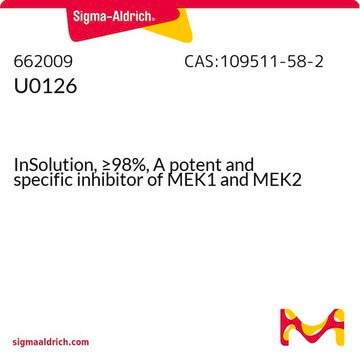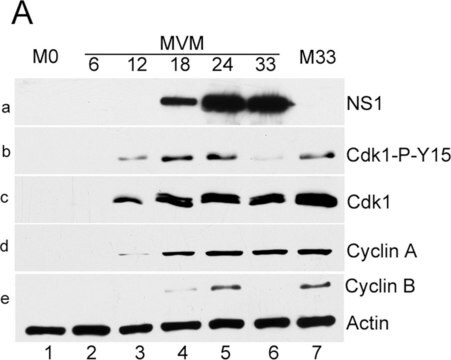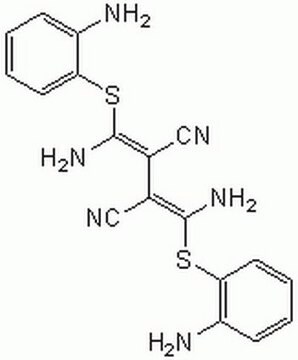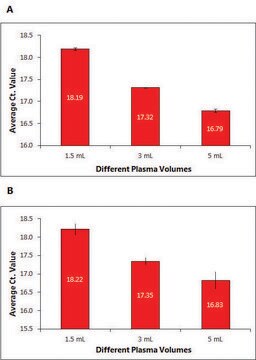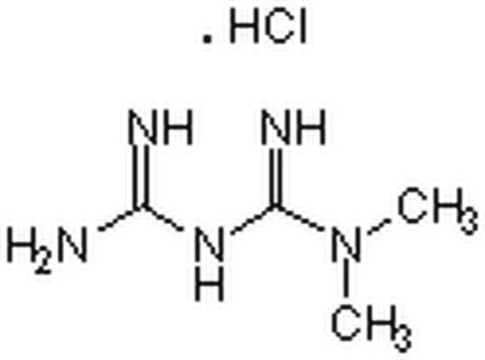ABC1691
Anti-PEPCK
from rabbit, purified by affinity chromatography
Synonyme(s) :
Phosphoenolpyruvate carboxykinase, cytosolic, PEPCK-C
About This Item
Produits recommandés
Source biologique
rabbit
Niveau de qualité
Forme d'anticorps
affinity isolated antibody
Type de produit anticorps
primary antibodies
Clone
polyclonal
Produit purifié par
affinity chromatography
Espèces réactives
human
Technique(s)
immunohistochemistry: suitable (paraffin)
western blot: suitable
Numéro d'accès NCBI
Numéro d'accès UniProt
Conditions d'expédition
ambient
Modification post-traductionnelle de la cible
unmodified
Informations sur le gène
human ... PCK1(5105)
Catégories apparentées
Description générale
Spécificité
Immunogène
Application
Western Blotting Analysis: 2 µg/mL from a representative lot detected PEPCK in 10 µg of human kidney tissue.
Apoptosis & Cancer
Qualité
Immunohistochemistry Analysis: A 1:1,000 dilution of this antibody detected PEPCK in human liver tissue.
Description de la cible
Forme physique
Stockage et stabilité
Autres remarques
Clause de non-responsabilité
Vous ne trouvez pas le bon produit ?
Essayez notre Outil de sélection de produits.
Code de la classe de stockage
12 - Non Combustible Liquids
Classe de danger pour l'eau (WGK)
WGK 1
Certificats d'analyse (COA)
Recherchez un Certificats d'analyse (COA) en saisissant le numéro de lot du produit. Les numéros de lot figurent sur l'étiquette du produit après les mots "Lot" ou "Batch".
Déjà en possession de ce produit ?
Retrouvez la documentation relative aux produits que vous avez récemment achetés dans la Bibliothèque de documents.
Notre équipe de scientifiques dispose d'une expérience dans tous les secteurs de la recherche, notamment en sciences de la vie, science des matériaux, synthèse chimique, chromatographie, analyse et dans de nombreux autres domaines..
Contacter notre Service technique